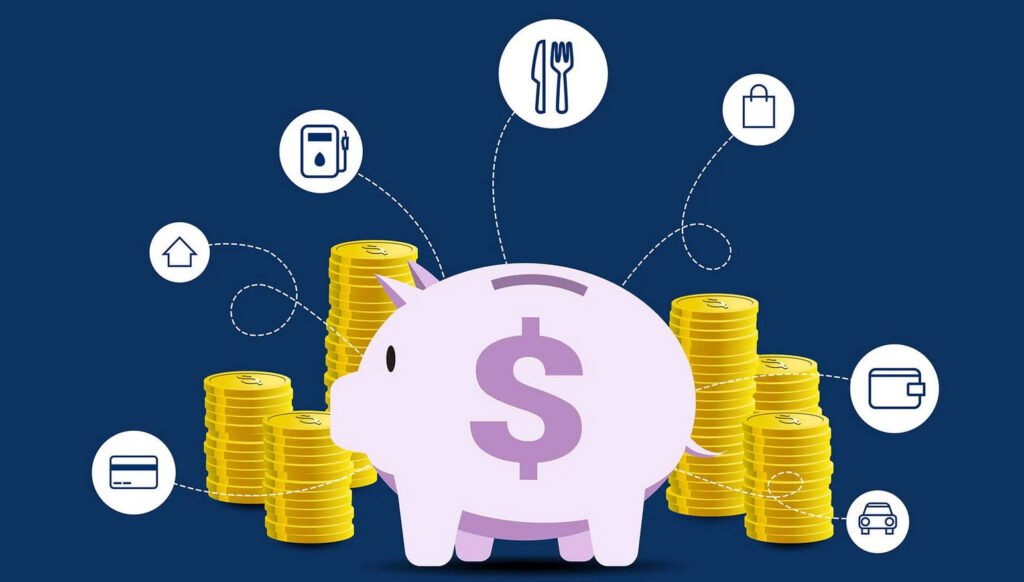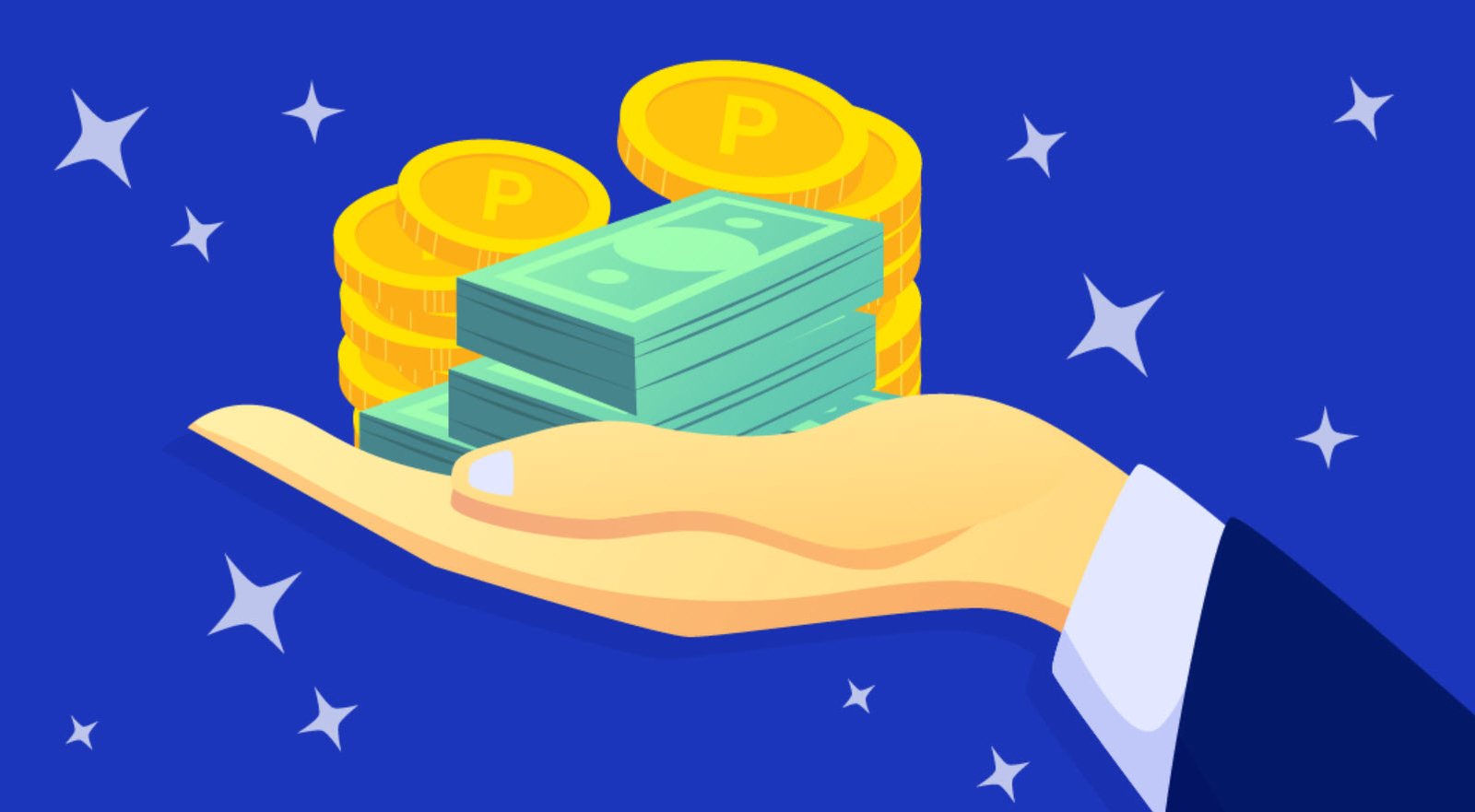
Money is a medium of exchange and a store of value that enables individuals to transact and purchase goods and services. Savings, on the other hand, is the portion of income that is set aside for future use or investment, and it can serve as a financial safety net and an essential part of financial planning.
1. APR (annual percentage rate): A true indicator of the total cost of borrowing, including fees and interest, expressed as an annual figure allowing for easy comparison between loan products.
2. Bankruptcy: A legal process where a debtor, whether a person or business, is unable to repay debt and their assets are used to repay some of what they owe. The debtor is then declared bankrupt by a court.
3. Bonds: A certificate issued by a government or company in exchange for borrowed money from an investor. The bond promises to repay the loan with a fixed interest rate after an agreed period of time.
4. Broker: An agent who advises and sells products like insurance or mortgages.
5. Credit file: A record of your credit or borrowing history, including financial details kept by credit reference agencies.
6. Credit rating/score: A score issued by lenders to assess if it’s risky to lend to you.
7. Credit report: A report issued by credit reference agencies that gives a snapshot of your borrowing history.
8. Defined benefit pension: A final salary or salary-related pension scheme that promises to pay a certain amount at retirement based on the employee’s earnings.
9. Defined contribution pension: A pension scheme where the employee builds up a “pot” of money through their own contributions and from their employer. The employee then buys an annuity, which pays for their pension at retirement.
10. Funds: A pool of money bought by investors in a fund that invests in stocks, shares or other assets.
11. Gross pay: The total pay received before deductions such as tax, national insurance, and pensions.
12. Headline rate: The advertised interest rate on a mortgage or savings account.
13. HM Revenue and Customs (HMRC): A government department that collects taxes to fund UK public services and administers national insurance and tax credits.
14. Individual Savings Account (ISA): A tax-free savings or investment account.
15. Insolvency: Similar to bankruptcy, which usually applies to companies unable to repay debts.
16. Investing/investment: Paying money into financial schemes, shares, property or other ventures with the aim of making a profit.
17. Mortgage: A loan provided by a bank or building society secured on a property being purchased.
18. National Insurance: A compulsory system in which employees, employers, and people who are self-employed make payments to fund state pensions, NHS, and certain benefits.
19. Net pay: The actual pay received after deductions such as tax, national insurance, and pensions.
20. Payday loans: Short-term loans taken out over a few weeks or months.
21. Pay As You Earn (PAYE): A method of deducting income tax and national insurance contributions from wages or pensions by the employer.
22. Personal allowance: The amount of tax-free income one can earn yearly.
23. Premiums: The total amount paid for policies, such as insurance or monthly payments for investment policies.
24. Stocks and shares: Financial stakes in a company held by multiple investors.
25. Tax credit: An adjustment of tax allowance to reduce the amount of tax paid.
26. Tax year: A twelve-month period set by the government for calculating taxes. In the UK, the tax year starts on 6 April each year.
27. Universal Credit: A single payment introduced in 2013 for people looking for work or on a low income, replacing several benefits like Income Support and Housing Benefit.
You may also like:- How To Get Loan Against Your LIC Policy
- 100 Hobby Niche Ideas – A Comprehensive List
- 21 Ways to Make Money Online in 2024
- Securing Your Finances – The Evolution of Online Banking
- How We Made $10,000 Monthly With Affiliate Programs
- Top Creative Tips on Making Money
- Building a Sustainable Monthly Income Stream from Home
- How To Make $100 Per Day With Google AdSense
- Build Your Blog Into a Brand – Strategies for Freelancers
- Six Realities Every Freelancer Faces









This Post Has One Comment